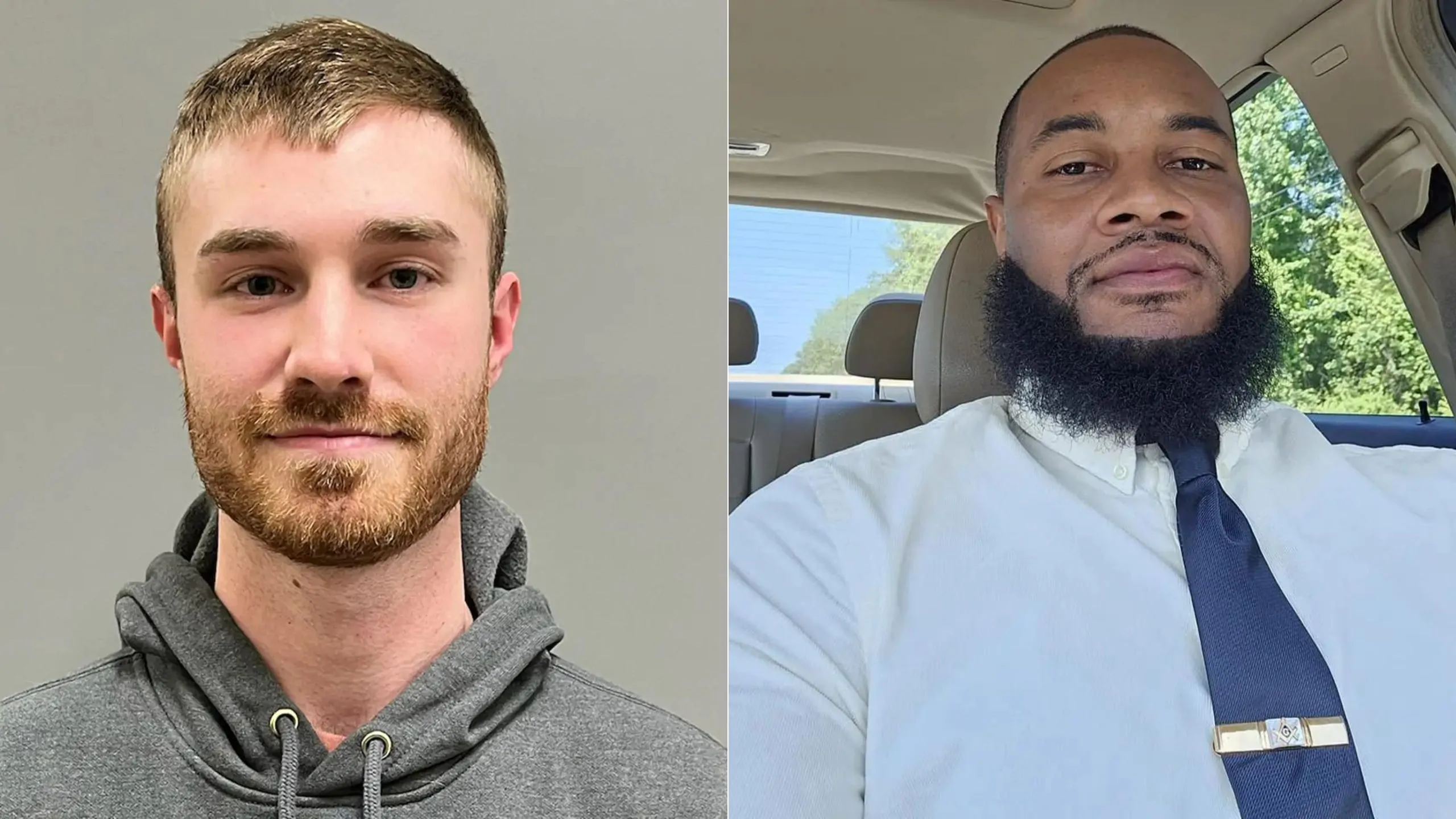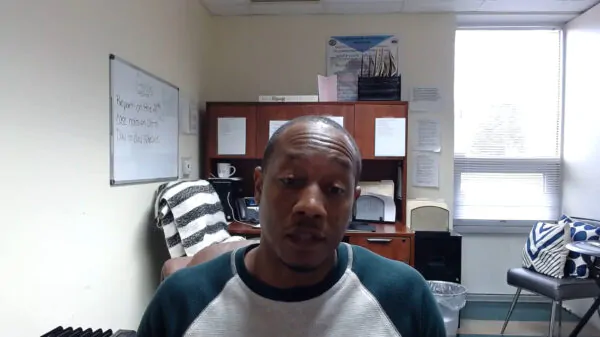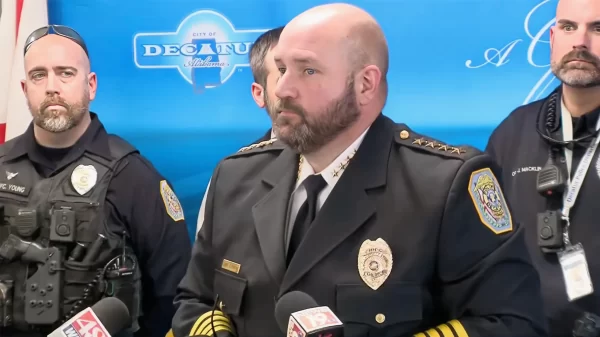|
Getting your Trinity Audio player ready...
|
A former Decatur Police officer didn’t prove he was acting in self defense when he shot and killed a man in his front yard, a Morgan County Circuit Court judge ruled Monday.
Judge Charles Elliott also indicated in a lengthy ruling that former officer Mac Marquette was likely “a trespasser,” and not actively investigating a crime or performing an official duty, when he shot and killed Steve Perkins in Sept. 2023. Elliott also appeared skeptical of the officers’ claims that they were at Perkins’ home to “keep the peace” on the night of the shooting, but Elliott wrote that that would be up to a jury to decide.
As it stands, the prosecution of Marquette for murder will proceed on June 9. The former officer, who was fired by Decatur PD following an internal review of the Perkins’ shooting, was one of four officers who accompanied a tow truck driver to Perkins’ residence to assist in a vehicle repossession. That repossession attempt was the second of the night at Perkins’ home – the first one ending when Perkins, holding a firearm, ordered the tow truck driver off his property.
Under Alabama law, police officers are not allowed to assist with vehicle repossessions unless there is a court order. Additionally, a vehicle repossession is only allowed to proceed without a court order if a “breach of the peace” (an altercation or hostile confrontation) has not occurred.
Two of the officers present that night testified during Marquette’s immunity hearing last week that they were aware that they were not allowed to assist in a vehicle repossession without a court order.
Yet, that’s precisely what they did, with the three concocting a plan to passively assist in the repossession. They did so by parking their vehicles down the street and hiding around Perkins’ yard, out of sight, while the driver attempted again to repossess Perkins’ truck.
When Perkins, again holding a firearm, exited his home, unaware of the police presence, and made his way across his front yard to confront the driver for a second time, Marquette sprang from the darkness and shouted, “Hey! Police! Get on the ground!” When Perkins, holding his gun, turned in his direction after the initial shout of “Hey,” Marquette began firing with the final word still hanging in the air.
In his ruling, Elliott noted that the time between Marquette’s initial shout of “Hey,” and the first bullet being fired was just 1.4 seconds.
The officers attempted to explain their violation of law and policy by saying that their intent was not to assist with a repossession, but was instead to “keep the peace” at Perkins’ residence. There was also mention of a potential charge of menacing, because Perkins threatened the tow truck driver with a firearm. (The tow truck driver told the officers that he would prefer not to press charges for menacing if he could retrieve the truck. However, he also told the officers that he would not return to Perkins’ residence alone. Elliott wrote that the officers should have informed him of the proper procedure for obtaining a court order and been on their way.)
Elliott seemed skeptical of both explanations. In his ruling, he noted that an investigator with the Alabama Law Enforcement Agency testified that the proper protocol for officers when keeping the peace would be to maintain a visible presence or make contact with the parties involved. Marquette and his fellow officers did neither.
Additionally, to even have grounds to be on Perkins’ property, the officers had to be conducting an investigation or legitimately engaged in performance of their duties. Elliott wrote that the officers had the authority to approach Perkins’ property, to park nearby, but they did not have cause – “once they viewed that no crime was occurring” – to enter his property. For that reason, as far as the menacing investigation was concerned, Elliott viewed the officers as trespassers. To be viewed otherwise, he said, would have required them to behave as investigators and make contact with Perkins, fill out paperwork, etc.
In conclusion, Elliott wrote that two questions must be answered: whether Marquette was acting within the scope of his employment as a law enforcement officer when he shot Perkins, and/or whether he behaved as another reasonable officer would. Elliott determined that Marquette could not have been acting as an officer if the reasoning for his presence at Perkins’ home was the investigation of a menacing charge.
However, if Marquette is claiming that he was there to keep the peace, Elliott said that leaves a jury to answer the two questions.





















































